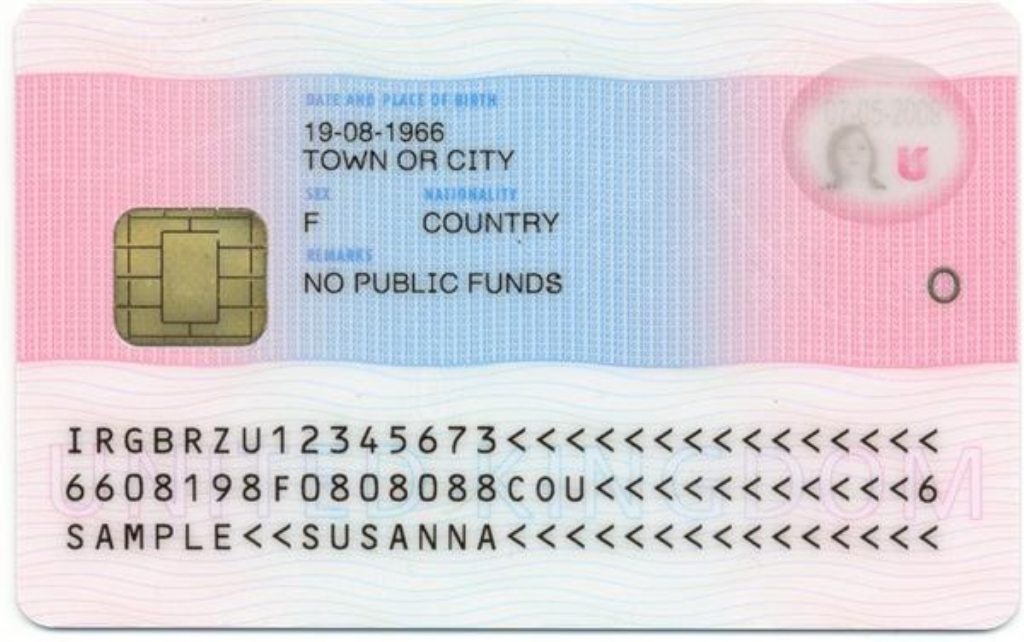Comment: Buried in a minor consultation – Scotland’s ID cards plans
By Jim Killock
You probably thought that ID Cards were dead. But in Scotland, the idea is alive and well, and the idea of giving everyone a unique identifier – and placing every citizens' name and address into a single database – has not been given up by civil servants.
The scheme is virtually indistinguishable from Labour's ID Cards, with the database being used to connect citizen's data across every Scottish government service.
In fact, elements of the scheme have been in place for some years. Citizens who use bus passes and student cards have their cards linked to a unique citizen reference number (UCRN). The registry of births is used to assign citizens their individual UCRN, while others are assigned it through the NHS. The scheme was introduced under the last Scottish Labour administration, but the new changes will take the ID scheme to a new level – and do it without serious public debate.


The proposal is hidden in a minor consultation on the Scottish NHS central register.
The proposal would make the data – currently the name and address of about a third of Scotland's residents – available to every Scottish institution and local authority. But the real evil is that it would link your name and address to the UCRN you're assigned, and thereby link all the data that Scotland's public sector holds about you together.
The next step, of course, is to start new kinds of 'data sharing'. The impetus in the UK before 2010 was to use data sharing to begin to create 'tailored services' and find people who the state felt needed particular help. This may seem like a good idea, but it could equally lead to state-level profiling, stigmatisation of individuals fitting certain profiles, and perhaps fail to reach people who didn't fit the state's idea of a person in need.
It is certainly hard to see how universal benefits would fit with these policies. It certainly risks even means-tested benefits being further narrowed, on the basis that 'problematic' people can be identified through data.
So far, so New Labour. The last few years ought to have helped us understand that more personal data is not a universal, one-way street to better government. The scheme has its roots in New Labour – at least the Scottish part of it – so why is the SNP government still pushing ahead?
Bureaucratic inertia has to be the bigger part of this push. But that shouldn't stop Scottish citizens and MSPs questioning the unending forward march of Scotland's database state and replying to the consultation.
Trying to push through these enormous changes as a minor amendment to some NHS regulations is simply undemocratic. A full public debate is needed: and the Scottish government should explain.
Jim Killock is executive director of the Open Rights Group.
The opinions in Politics.co.uk's Comment and Analysis section are those of the author and are no reflection of the views of the website or its owners.












